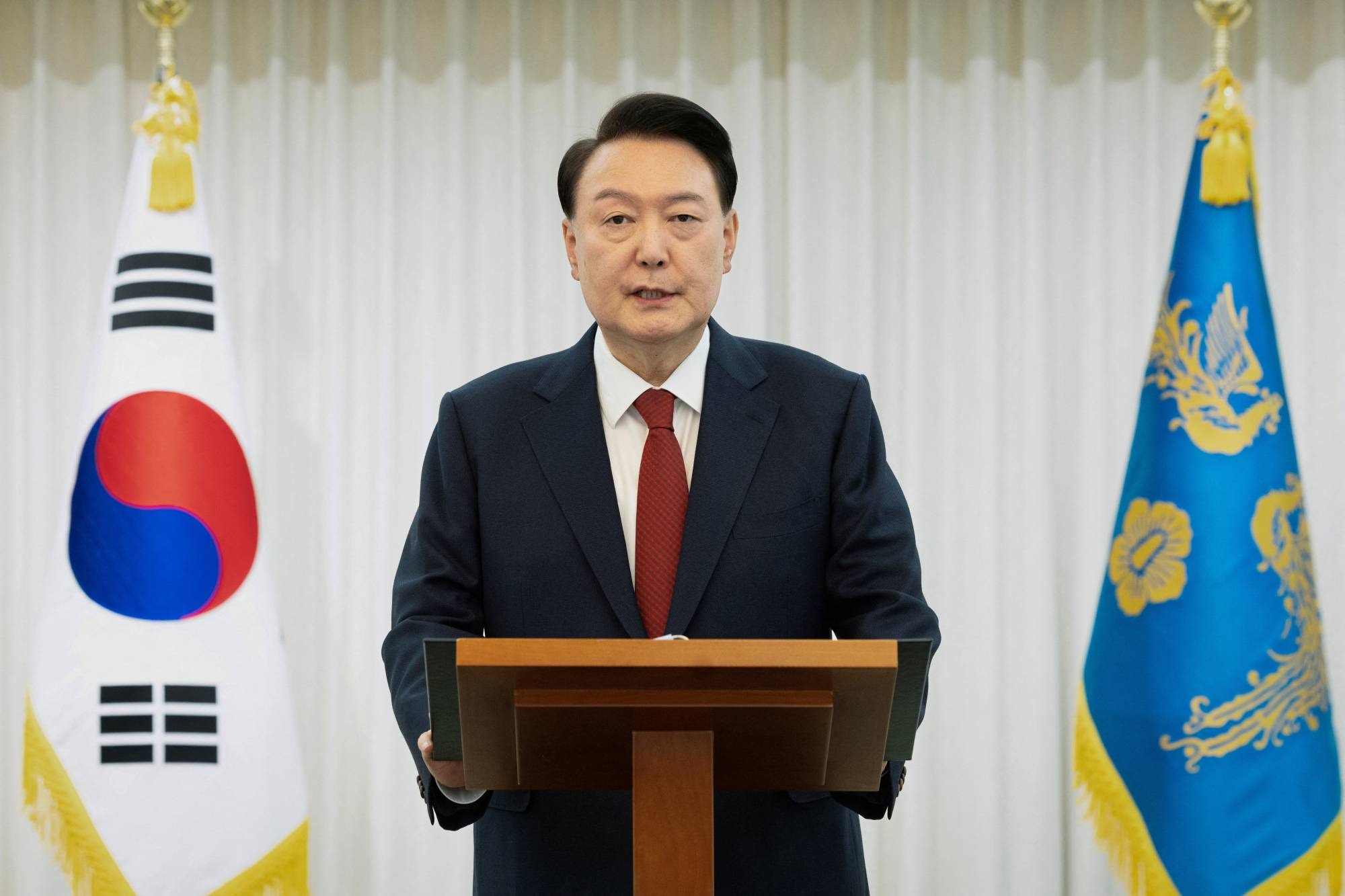


Barran Press
On December 14, 2024, the South Korean National Assembly voted to impeach President Yoon Suk-yeol following his controversial attempt to impose martial law on December 3. The vote resulted in 204 lawmakers supporting the impeachment motion, while 85 opposed it, with three abstentions and eight invalid ballots, as announced by the parliamentary speaker.
The ruling party’s lawmakers voted against the impeachment, but the matter has now moved to the Constitutional Court, which will decide whether to uphold the impeachment or reinstate Yoon. The court’s deliberations could take up to six months.
Yoon faced a second vote on impeachment due to his brief and ultimately unsuccessful attempt to implement martial law, a move that shocked the nation and divided his party, jeopardizing his presidency midway through his term. His effort to impose martial law was abandoned just six hours later after lawmakers defied military and police barriers to vote against the decree, leading the country into a constitutional crisis and prompting widespread calls for his resignation over legal violations.
On the same day as the vote, South Koreans took to the streets in nationwide protests, demanding the parliament remove the president. Demonstrations occurred in major cities, with protesters urging lawmakers to support the impeachment motion, according to South Korean news agency Yonhap.
The ruling People Power Party had previously boycotted the first impeachment vote a week earlier, preventing a quorum. However, party leader Han Dong-hoon encouraged members to support the impeachment during the latest vote, asserting that at least seven of the party’s members would back the motion.
The opposition holds 192 of the 300 seats in the unicameral parliament, needing at least eight votes from the People Power Party to achieve the two-thirds majority required for impeachment.
If the impeachment is upheld, Yoon will lose his powers but remain in office until the Constitutional Court either removes him or reinstates him. In the interim, Prime Minister Han Duck-soo will serve as acting president.
Yoon is also under separate criminal investigation for rebellion due to the martial law declaration, which has resulted in travel restrictions imposed by authorities. Despite the mounting pressure, Yoon has shown no willingness to resign, vowing in a speech on Thursday to "fight to the end" and defending the martial law decree as necessary to overcome political stalemate and protect the country from local politicians undermining democracy.